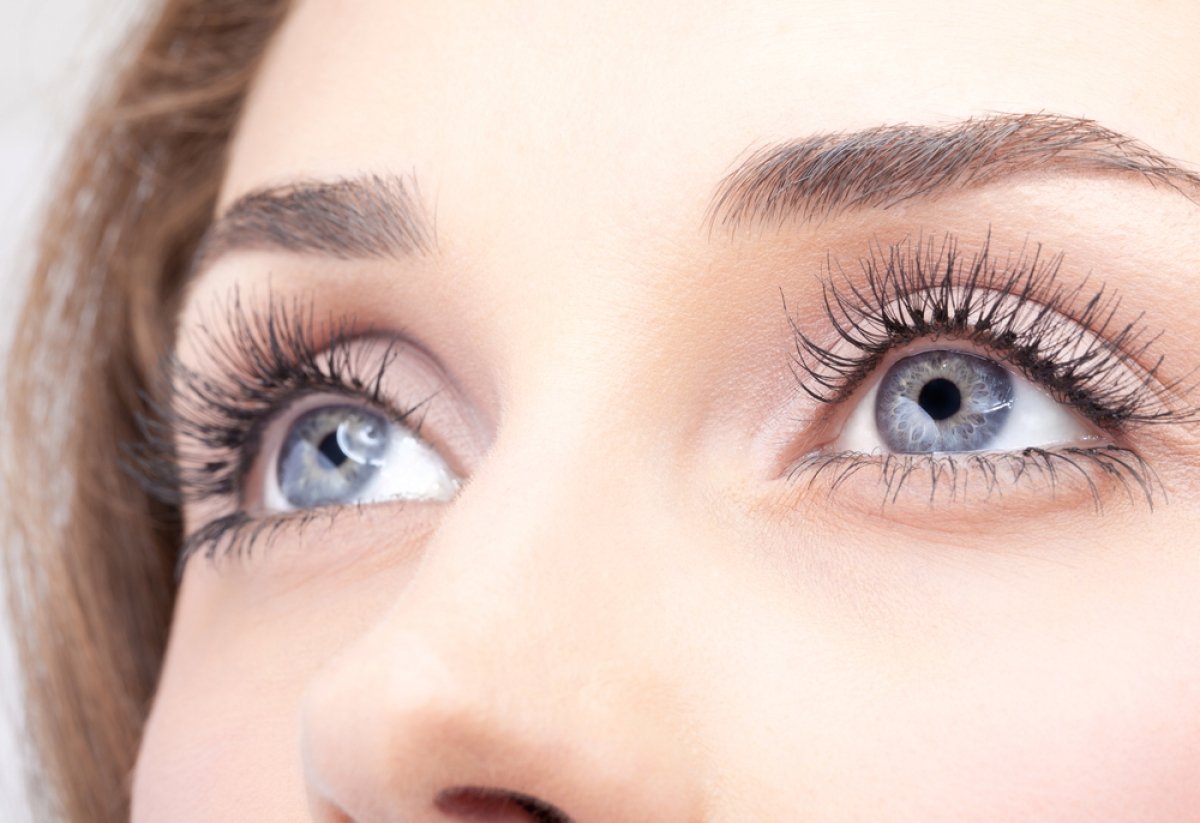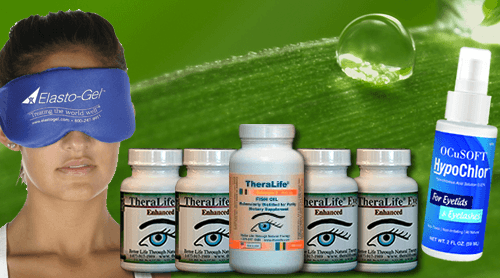An allergy can manifest as itchy eyes, especially if it is seasonal. The doctor may prescribe antihistamines to ease the symptoms. If you experience this condition on a regular basis, it is important that you see a doctor to determine the cause. You may have an allergy to a particular allergen or an underlying skin condition that could be causing the problem.
 While a doctor can diagnose you based on your symptoms, they may recommend other tests in order to find the underlying cause. If the condition has been ongoing, a dermatologist may recommend that you apply topical steroids. If the condition is not being treated properly, surgery may be an option. It is best to see a dermatologist if you are experiencing itching. If you have tried all the treatments and none of them work, it is time to seek professional advice.
While a doctor can diagnose you based on your symptoms, they may recommend other tests in order to find the underlying cause. If the condition has been ongoing, a dermatologist may recommend that you apply topical steroids. If the condition is not being treated properly, surgery may be an option. It is best to see a dermatologist if you are experiencing itching. If you have tried all the treatments and none of them work, it is time to seek professional advice.
Itching Eyes Can Signify Other Eye Ailments
Itchy eyes may be a sign of a larger problem. Itching eyes can be caused a allergy or infection. But it’s important to seek medical care. Itchy eyes can often be caused by allergies. It is important to get the proper diagnosis. There are many other treatments for infection of the eyes that can be used in addition to prescription medications. Antihistamines or saline drop are two of the most used treatments. Corticosteroids or mast cell stabilizers are another common treatment. However, these drugs can cause side effects that can make your condition worse.
Causes of Itchy Eyes
Seasonal allergies can lead to itchy eyes. Ragweed is a common allergen. Approximately 23 million Americans are affected by ragweed pollen allergies. The pollen from ragweed can cause sneezing, runny nose, and itchiness. An allergy can cause itching in the eyes. You should contact your doctor immediately if you suspect you are allergic to prevent further complications.
An eye infection can lead to dry eyes and itching. A viral infection causes a cold-like feeling, while a bacterial infection will cause red, itchy eyes and irritation. Avoiding the allergens that can cause itchy eyes is the best way to treat it. Additionally, you can avoid the allergens that cause itchy eyes and get a new pair of vision that is clear of infection.
Treatment for Itchy Eyes
There are many remedies for itching eyes. You can apply eye drops to relieve itching. Itching can also be relieved by applying a cold compress. It will reduce inflammation and numb discomfort for a brief time. Itching eyes can be a sign of a dry eye syndrome, or another condition. In most cases, it is important to contact your doctor if you experience itchy eyes.
To prevent eye allergies, there are a few things you can do to avoid itching your eyes. These tips will ensure your health. Avoid products that are high in allergens. This can lead to a dry, irritated eye. The most effective solution is to consult your doctor and get an allergy test. Your doctor will recommend the most effective medication for your condition. It will be able identify the allergen causing itchy eyes and prescribe an effective treatment.
Other than these medications, there are many home remedies for itching eyes. Applying an icepack to the eye area will immediately relieve it. The same goes for the itching eyes. Soak a cloth in cold water and apply it to the affected area. Repeat this several times each day for a few more minutes. The itchiness will go away if you stop the irritation with a cold compress. The symptoms will likely disappear if you stop rubbing your eyes.
Also, you should avoid scratching your eyelids. Itchy eyes can be a sign you have allergies, but it could also be a sign you have an underlying condition. A simple cold compress may be sufficient to treat the condition. In other cases, a doctor may prescribe antibiotics to relieve the symptoms. A combination of both of these measures may be the best treatment for you. You can also find other treatments for itching eyes to help you stay comfortable and healthy all day.




